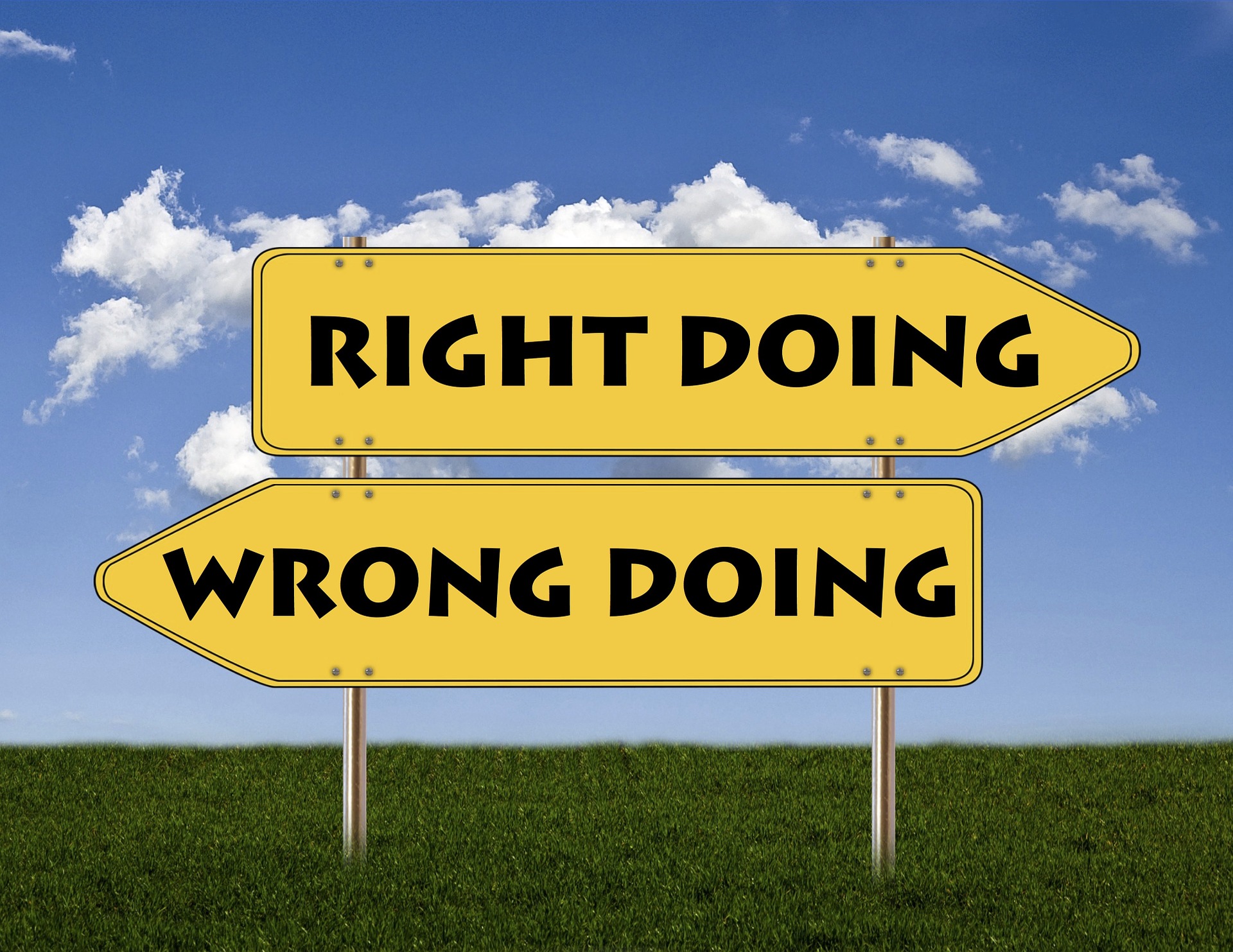The Big Question 47: Where Did Morality Come From?
Mar 18, 2019 2997
Radio Version:
Where did morality come from?
Well, for me, that’s an interesting question: because as far as I can see, the atheistic, evolutionary model doesn’t seem to offer any convincing answers.
The usual answer from an atheistic evolutionary point of view is that morality is just agreed guidelines for behaviour that individual communities develop to help ensure their survival.
As a hypothetical example, a community of humans in the dim dark past discovered that if men went around stealing women from their partners (or I guess the other way around as well), their community would be split apart by violence and murders. As a result, they all agreed that you weren’t allowed to just go in and violently take someone’s husband or wife. And if you did that, then you would face some kind of judgment and penalty from the community. And that’s how we got our morals.
That all sounds fine, until you actually start to think about it.
For starters, if that’s all there is to morality, then you’d probably expect that different communities would have different moral principles. While it’s true that different communities around the world have different laws, at some basic level, it seems that morality is based on absolute principles, and isn’t relative depending on what your community.
This principal of not taking your neighbour’s spouse seems to be an almost universal thing. It’s never been OK anywhere to just kill babies for fun. And it’s never been OK to eat your neighbour, except in a very small minority of cultures which have always been looked upon with horror by others.
So, there seem to be some absolutes when it comes to the foundations of morality. And just because people agree with something doesn’t make it right in a universal sense.
In the November 1932 the Nazi Party won the elections in Germany, and in January 1933, Adolf Hitler was constitutionally sworn in as Chancellor. The rhetoric of the Nazi Party was clearly nationalistic and anti-Semitic. Adolf Hitler went on to implement his agenda, resulting ultimately in the deaths of over 70 million people, including millions of Jews.
Here we have a community – a nation – that agreed on certain principles and expressed its will both through the ballot box, and also through its silence. So, if morality is relative, does that then mean that the morality of the Third Reich was right, in its context? On what moral basis did the rest of the world at the time oppose what occurred under Adolf Hitler? If Hitler had won and we all spoke German today, would that have made his agenda OK? After all, it’s survival of the fittest, right?
Of course not! This all shows how unreasonable it is to think that morality is relative.
I believe that morality comes from God, the absolute moral being, who created us to be moral beings also.
Because if you think through the alternatives, I’m not sure that that’s the kind of world you’d like your kids to grow up in!



Leave a Reply